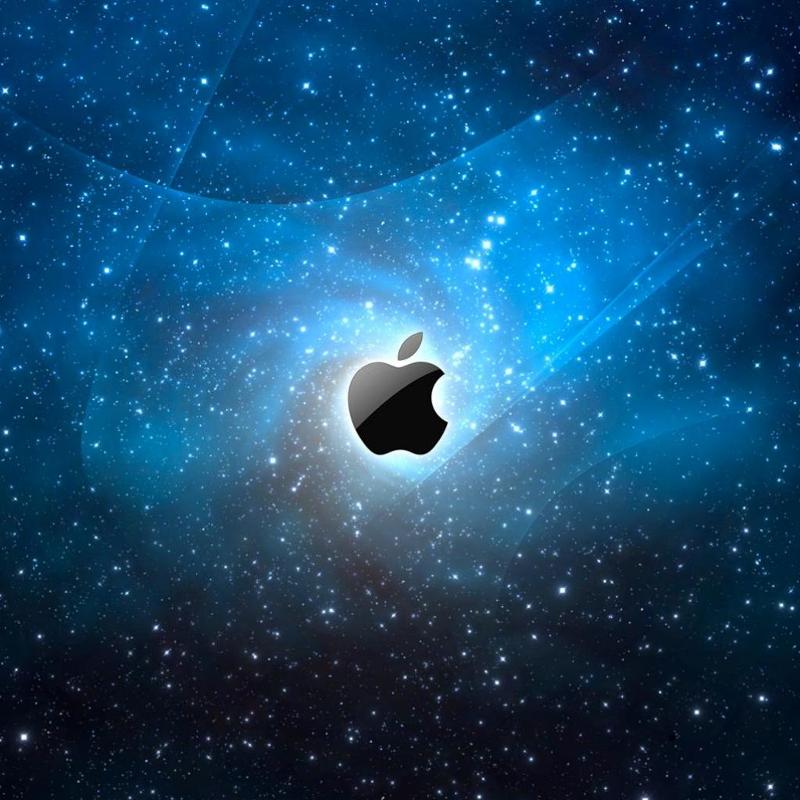Year
after year, everyone who came brought a gift--articles of silver and gold,
robes, weapons and spices, and horses and mules.
-- 1
Kings 10:25
Marketers call it leading
the season or Christmas
creep. It's the rollout of holiday-themed merchandise and
decorations prior to the traditional start of the holiday-shopping season. This
year, some stores began displaying festive tinsel, blinking lights and
artificial evergreens well before Halloween.
Black Friday--that hectic day after  Thanksgiving--is considered the
official kickoff to Christmas. And retailers and websites are already prompting
us to make our gift purchases. Just count the repetitious holiday-themed
commercials on TV. Meanwhile, the Christmas catalogs are piling up on the
coffee table. Odds are that your email in-box is also struggling with the
Yuletide onslaught.
Thanksgiving--is considered the
official kickoff to Christmas. And retailers and websites are already prompting
us to make our gift purchases. Just count the repetitious holiday-themed
commercials on TV. Meanwhile, the Christmas catalogs are piling up on the
coffee table. Odds are that your email in-box is also struggling with the
Yuletide onslaught.
 Thanksgiving--is considered the
official kickoff to Christmas. And retailers and websites are already prompting
us to make our gift purchases. Just count the repetitious holiday-themed
commercials on TV. Meanwhile, the Christmas catalogs are piling up on the
coffee table. Odds are that your email in-box is also struggling with the
Yuletide onslaught.
Thanksgiving--is considered the
official kickoff to Christmas. And retailers and websites are already prompting
us to make our gift purchases. Just count the repetitious holiday-themed
commercials on TV. Meanwhile, the Christmas catalogs are piling up on the
coffee table. Odds are that your email in-box is also struggling with the
Yuletide onslaught.
But there is some holiday rest for the weary. If you don't feel
like finding a parking spot at the mall, that perfect gift for that someone
special is just a tap or two away with your smartphone, tablet or laptop.
Money, however, is particularly tight these days for many of us, so every
purchase must count. We need gifts that will make an impression. We need value.
And above all, we want
bang-for-the-buck.
There's nothing wrong with trying to stretch a dollar. But let's
consider that a gift's real value has much more to do with its meaning and
the person behind it than with a Low
Everyday Walmart Price.
 That's
certainly the case if we're to believe what God's telling us through the Bible.
And what does he say about the characteristics of a super gift? And more to the
point, what should we know about being a super gift-giver? The example of
Jesus' life and ministry holds the answers.
That's
certainly the case if we're to believe what God's telling us through the Bible.
And what does he say about the characteristics of a super gift? And more to the
point, what should we know about being a super gift-giver? The example of
Jesus' life and ministry holds the answers.
First, we need to give
with an attitude of generosity: one that exceeds what we expect to
receive. Our gifts should
also affirm the value of the recipient. But most importantly, our gifts--whatever they might
be--should be given out of love. When it comes to gift-giving, it
really IS the thought that counts. (Your
mother was right all along!)
With Thanksgiving now just a memory, what are your thoughts,
attitudes and motivations this holiday season? And have you thought about
sharing just a few of your blessings with someone you may have never
met--perhaps someone living around the world or maybe just around the corner?
The marketers have a point: Christmas really is closer than we think. And the clock is ticking. But before we head to the mall, log onto Amazon.com or tune into the Home Shopping Network, let's follow the example of Jesus, who was and is the ultimate gift-giver. His greatest present is the salvation he bought for us through his death on the cross. It's an incredibly expensive gift that we can never repay. But it's one given freely out of love. And it's available to anyone who's willing to open the package in faith.
The marketers have a point: Christmas really is closer than we think. And the clock is ticking. But before we head to the mall, log onto Amazon.com or tune into the Home Shopping Network, let's follow the example of Jesus, who was and is the ultimate gift-giver. His greatest present is the salvation he bought for us through his death on the cross. It's an incredibly expensive gift that we can never repay. But it's one given freely out of love. And it's available to anyone who's willing to open the package in faith.



